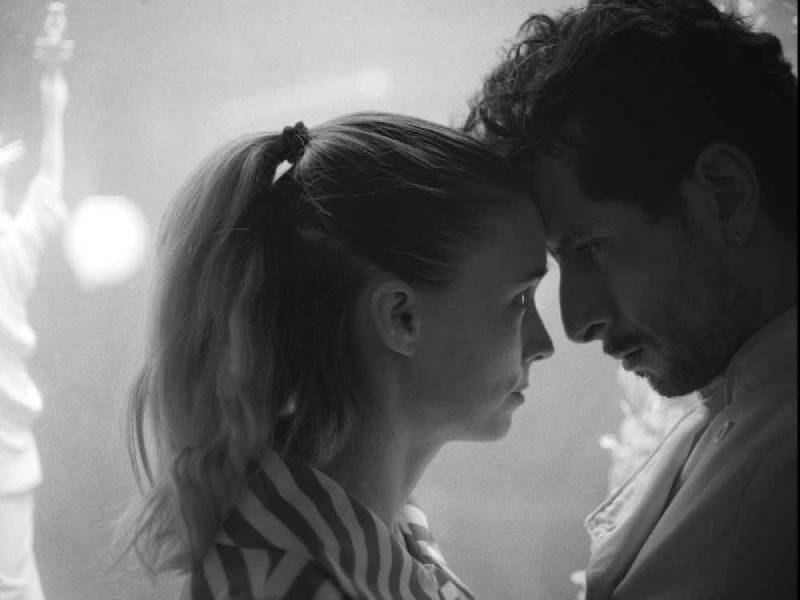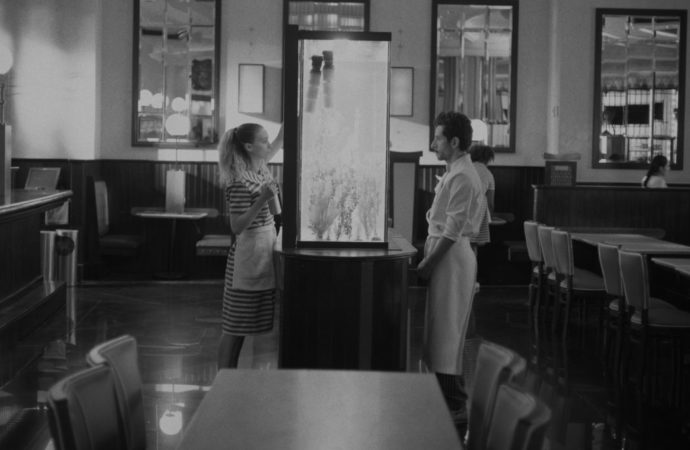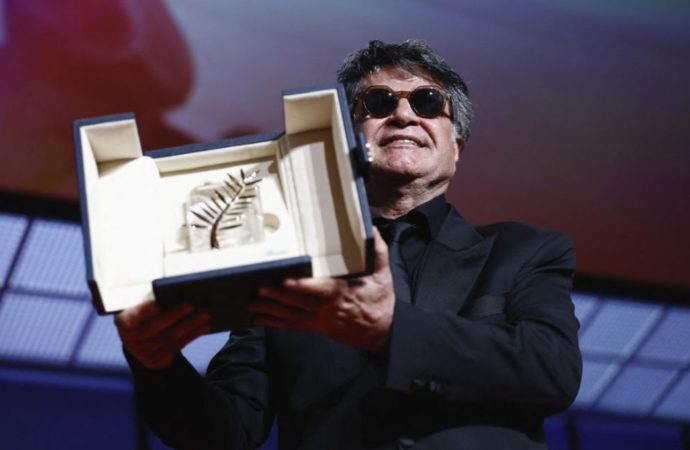Alonso Ruizpalacios premiered La cocina at the 74th Berlinale. The Mexican director, whose contribution to four episodes of the Andor series we will be able to see next year, adapts Arnold Wesker‘s play, which was already made into a film in 1961 by James Hill – winner of an Oscar that same year for the short documentary Giuseppina – which set the plot in a café in London’s West End.
In this new adaptation, Ruizpalacios plunges us into the guts of a touristy Times Square restaurant, where for two hours and nineteen minutes, in a black and white that forces us to forget the visual ‘noise’ of the culinary frenzy, he describes with a coldness that contrasts with the passion that permeates it, a range of hidden, open, simmering and explosive conflicts. A multicultural, multilingual team, sharing the precariousness and the struggle to thrive in the land of the American dream between jokes and chumminess, struggles between class solidarity, insubordination and unresolved quarrels.
The pace of La cocina, with its powerful emotional crescendo, owes much to the formidable performance of Pedro by Mexican actor Raúl Briones, also an associate producer of the film and winner of three silver Ariel awards for his previous work, in a new collaboration with Ruizpalacios. The charismatic actor, capable of reflecting tenderness, helplessness, the fatigue of broken dreams and hard-won hope, is paired with Rooney Mara (Julia), the gringo waitress who is still several rungs above the kitchen troupe, as another unattainable dream.
The nuances of Peter’s personality are carefully portrayed, adapting to the frenzy of an over-the-top, experienced and also broken character. Whether in his relationship with his colleagues, in the form of protection, confrontation and professionalism, or with his parents – the use of the telephone to ‘take us out’ of the kitchen and reflect the outside world gives us valuable information about Pedro and Julia – we get a very complete picture of a vulnerable character, with a tough shell, who never forgets where he comes from or with whom he must align himself – the homeless man scene – while maintaining his independence and defence of the red line that is his section of the kitchen, one of the few aspects of his life where he can feel in control and which he defends tooth and nail.

Julia plays the role of another broken dream, also reminding us that everyone’s place is more immutable than we are led to believe and, at the same time, she also reveals her own dissatisfaction – a very beautiful scene in the pantry. Pedro’s burnout is an explosion of impotence, rage and disappointment, the recognition of failure above all useless strategies of resilience. It is not for nothing that his assistant, Stella, recently arrived from Mexico and unable to communicate in English, with experience in a starred restaurant, forms a meaningful pairing with Pedro. Together they cover the full arc of a journey where the end of the rainbow is not a world where dreams come true. The beginning of an adventure, where the price is never too high, and the end, where the loss of affection and roots, without the possibility of advancing professionally and personally, turns us into hamsters exhausted from rolling around, breading steaks and forgetting who we are and the potential we can develop.
The viewer should not expect a culinary drama in the style of The Bear or Boiling Point (Philip Barantini, 2021), because the dynamics of La cocina go beyond private life and profession, their interrelationship, etc., as the kitchen is shown as a fish tank (not for nothing the scene of the restaurant’s aquarium and the lobsters being dipped every day for the customers) where everything starts all over again every day, with nothing new happening. The carrot at the end of the stick in the form of ‘papers’ for the illegals who prepare sweets and steaks is nothing more than a trap and coercion so that the courtyard does not go on the rampage. One of Ruiz Palacios’s purposes is to show us the limits that should never be crossed, the consequences of breaking the boundary that separates ‘up’ and ‘down’, here symbolized by the dining room and the kitchen, which only the waitresses – dressed like Jean Seberg in À bout de souffle – can cross, to represent that a microcosm can reveal the universal.








No one has posted any comments yet. Be the first person!